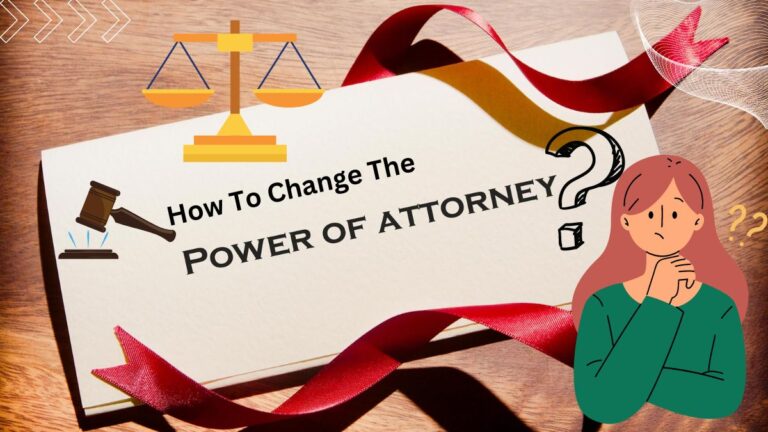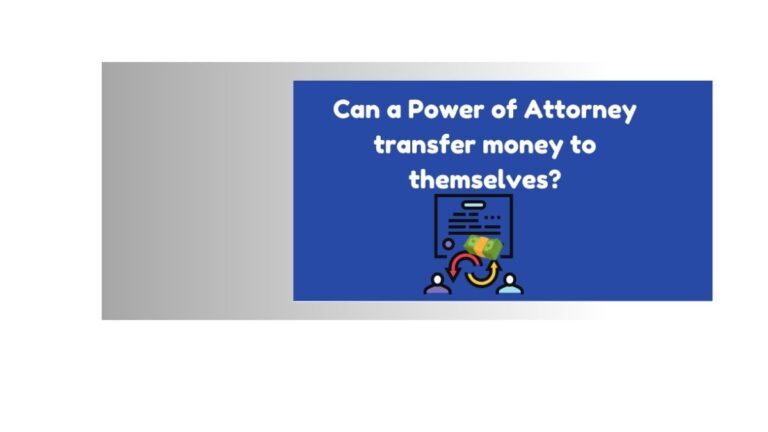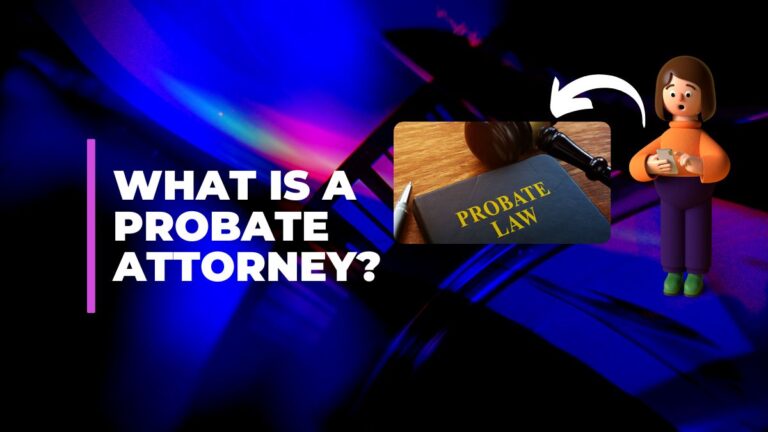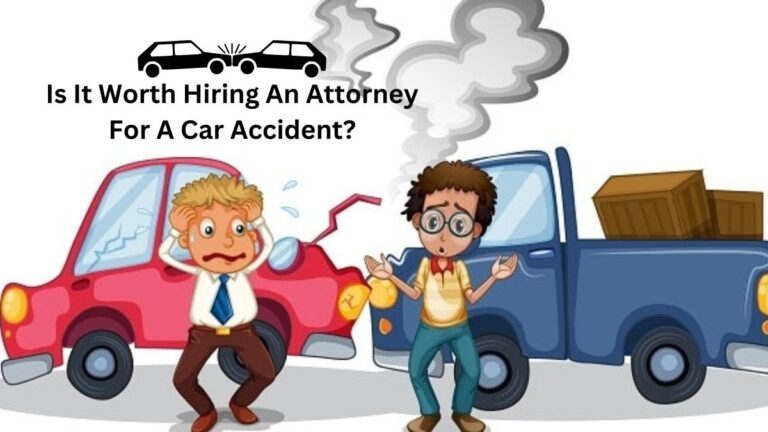Does The Oldest Child Have The Power of Attorney?
Well, today we’re here to unravel one of the most intriguing mysteries: Does The Oldest Child Have The Power of Attorney? Yes, that’s right – we’re about to dive into a topic that might just change the way you view your family dynamics.
So, whether you’re an older sibling eager to claim your rightful authority or a younger one ready to challenge the status quo, fasten your seatbelts and get ready for an eye-opening exploration on who really holds the reins in this age-old hierarchy.
What is Power of Attorney?
A power of attorney is a legal document giving one person the authority to act on behalf of another person. This document can be especially helpful when a person is unable to take care of themselves, or when they need to travel for an extended period of time. A power of attorney can also be used to make financial decisions on someone’s behalf.
Who Can Grant a Power of Attorney?
A power of attorney is a document that allows someone else to make decisions on your behalf if you can’t do it yourself. People who can grant power of attorney include: your spouse, civil union partner, parent or guardian, or child over the age of 18. If you’re unable to make decisions for yourself because of an illness or injury, a power of attorney can help you appoint someone to act on your behalf.
What Are The responsibilities of a Power of Attorney holder?
A Power of Attorney is a document in which a person names another person to act on their behalf in certain legal matters. The Power of Attorney holder is responsible for appointing someone to act on their behalf if they are unable to do so themselves, or if they have been incapacitated. In some cases, the Power of Attorney holder may also be able to make decisions on their own behalf.
The responsibilities of a Power of Attorney holder can vary depending on the type of Power of Attorney that is granted. Generally, the Power of Attorney holder will be responsible for appointing someone to act as their attorney in court and making any necessary financial arrangements. They may also be able to make decisions on their own behalf, although this may depend on the type of Power of Attorney that is granted.
Conclusion
Power of attorney is a type of legal document that gives someone else the authority to make decisions on your behalf if you can’t or don’t want to make them yourself. It can be used in a variety of circumstances, such as when you are unable to take care of yourself due to illness or because you are temporarily incapacitated.
If you are considering appointing someone as your power of attorney, it is important to think about all the potential implications and decide whether this is the right decision for you.






